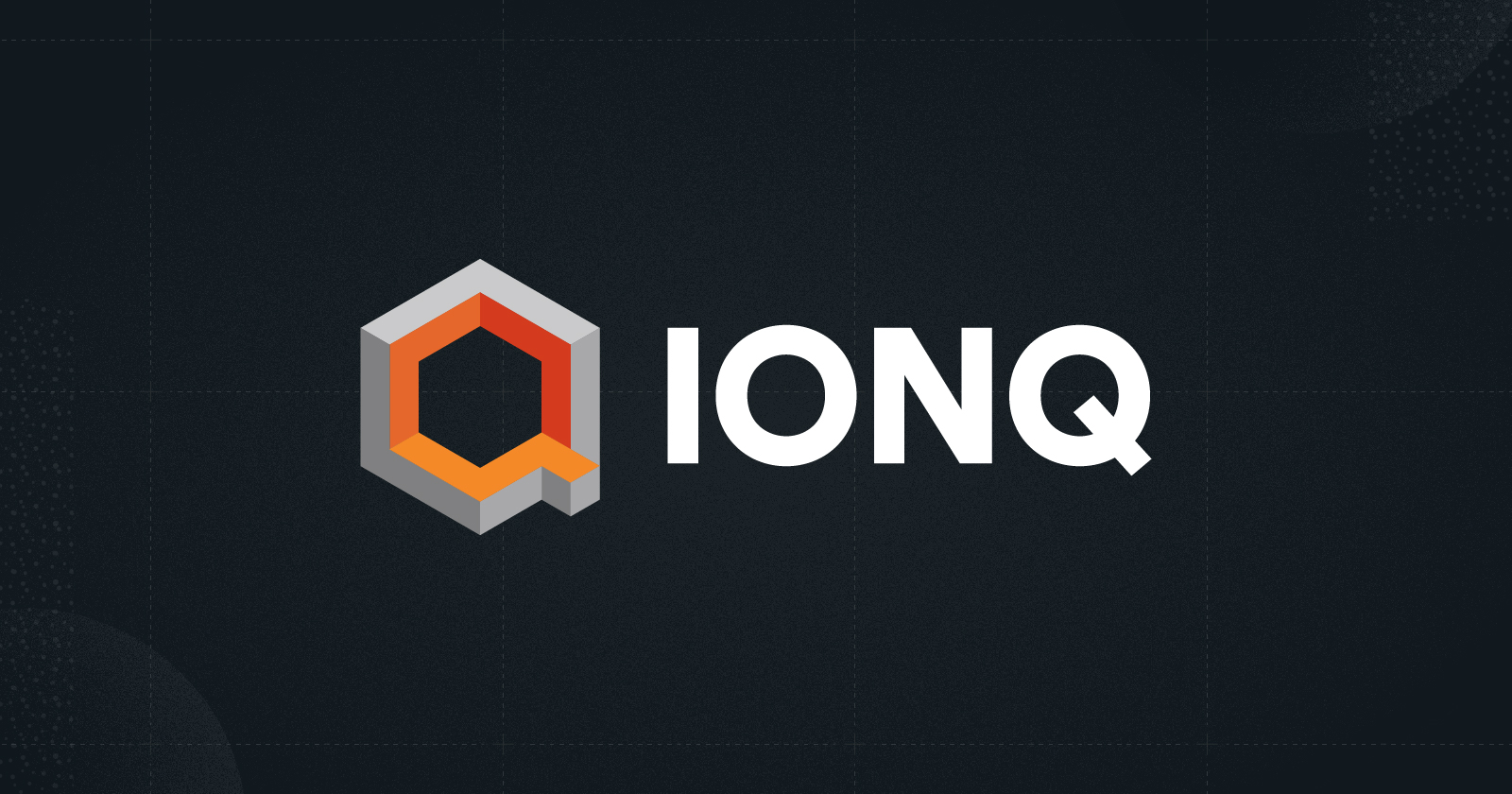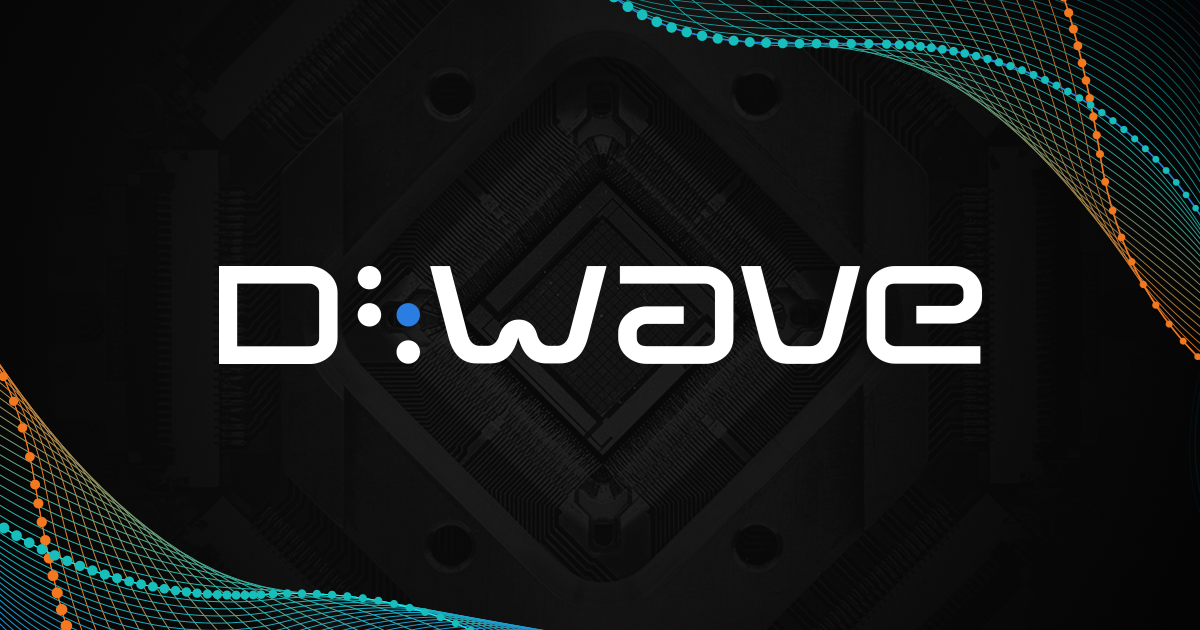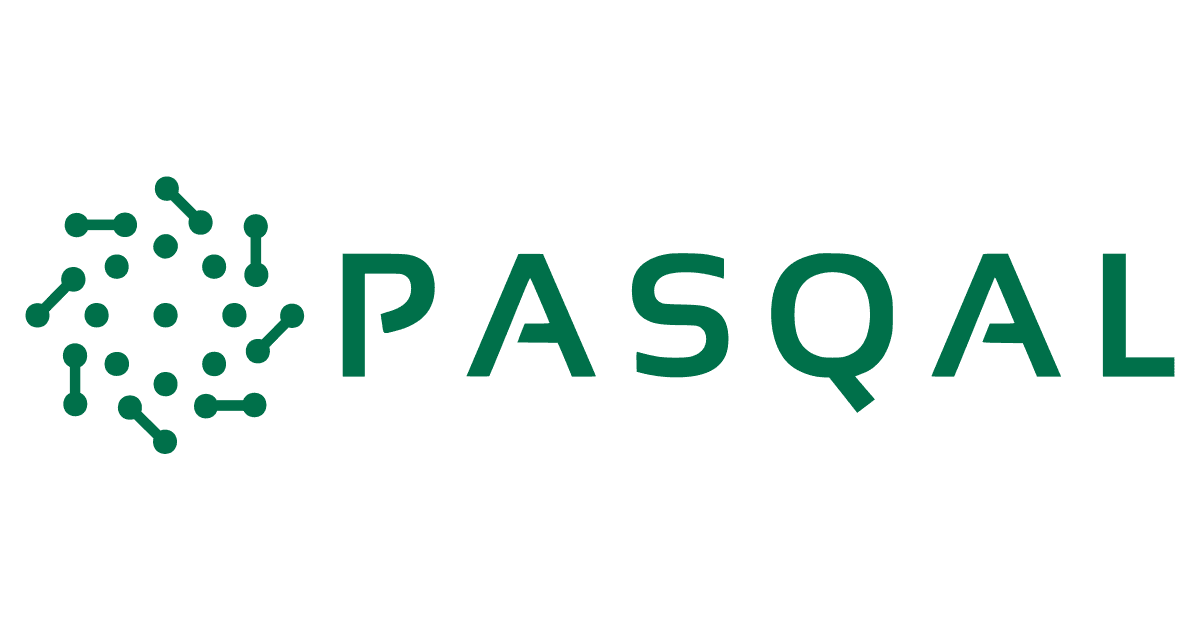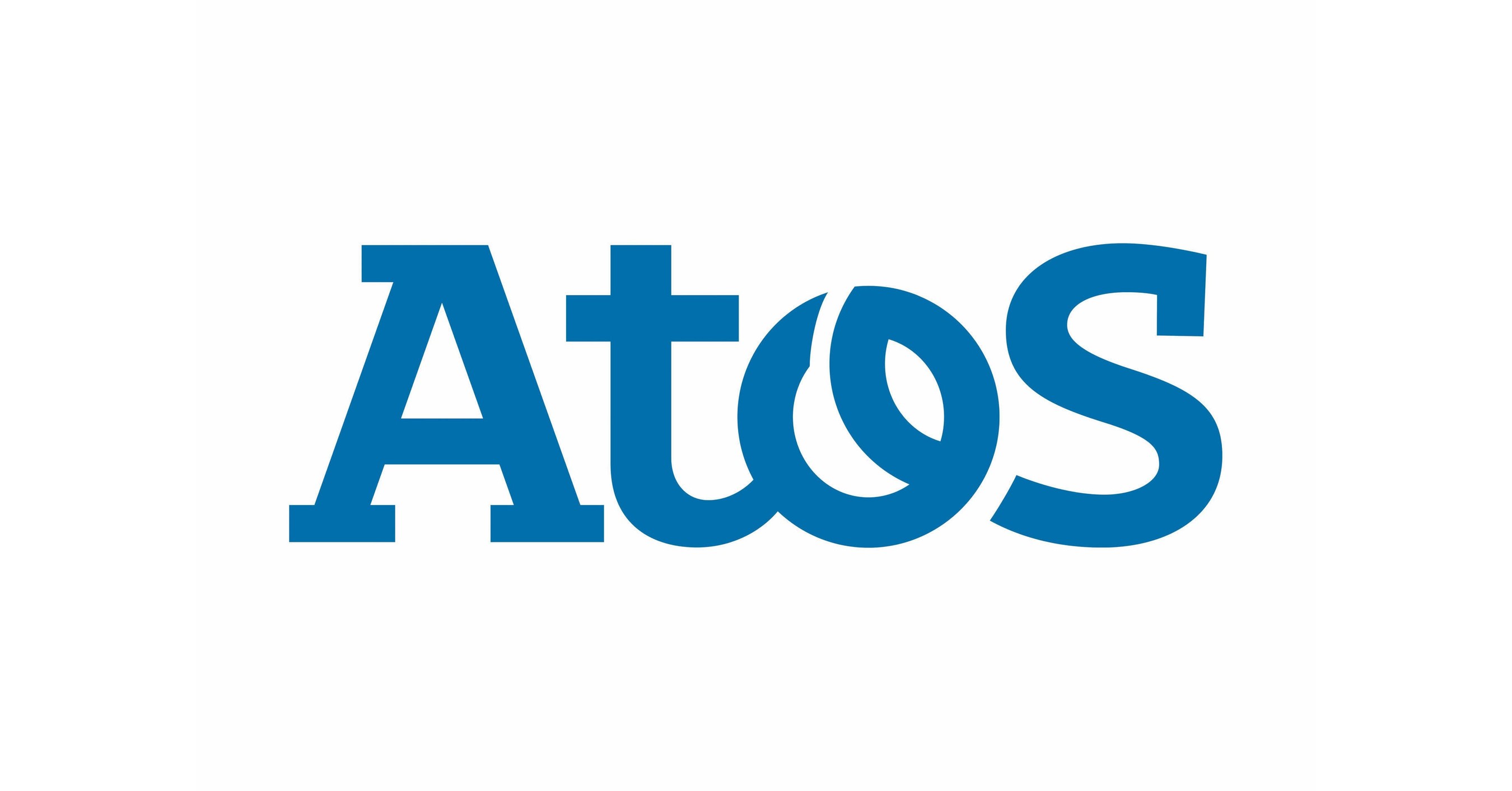Quantum computing, a revolutionary technology that harnesses the principles of quantum mechanics, is poised to transform the world of computation as we know it. With its ability to process vast amounts of data and solve complex problems exponentially faster than classical computers, quantum computing holds the promise of unlocking new frontiers in fields such as cryptography, drug discovery, optimization, and artificial intelligence.
As researchers explore CRISPR gene alternatives, quantum computing could potentially accelerate the computational simulations required for designing and testing these novel genetic editing techniques, paving the way for more efficient and precise methods in biomedical research and healthcare applications.
In this article, we embark on a journey into the quantum realm and explore the top quantum computing startups that are pushing the boundaries of this cutting-edge field.
These pioneering startups are at the forefront of developing quantum hardware, software, and algorithms that can leverage the power of quantum mechanics. As they make strides in quantum computing, they are poised to revolutionize industries, accelerate scientific breakthroughs, and drive innovation like never before.
Join us as we delve into the world of quantum computing startups, uncovering the transformative technologies that are shaping the future of computation.
Also, check out our list of the top startups of 2023.
Top Quantum Computing Startups of July 2023
IonQ

IonQ is a leading quantum computing firm based in College Park, Maryland, United States. The company was founded in 2015 by Chris Monroe and Jungsang Kim. As of March 2021, IonQ has raised about $77 million in funding through numerous funding rounds.
As for the description of the company, IonQ is at the forefront of the quantum computing revolution. The company’s primary focus is developing quantum computers based on trapped ion technology, which offers significant potential advantages over other approaches in terms of precision and stability. IonQ aims to build a quantum computer that can outperform classical computers and cause a paradigm shift in the world of computing technology. Their quantum computers are expected to have wide-ranging applications from drug discovery to supply chain optimization, making it a potential game-changer in several industries.
Rigetti Computing

Rigetti Computing is located in Berkeley, California, USA. The company was founded in 2013. As of July 2022, Rigetti Computing has raised a total of $190 Million in funding.
Rigetti Computing is a full-stack quantum computing company that designs and manufactures superconducting quantum integrated circuits, builds and deploys quantum software, and offers cloud-based quantum computing services. The company’s product, Quantum Cloud Services, is a cloud-based quantum computing service that includes a quantum processing unit (QPU), pre-configured with the most advanced chips in the Rigetti Fab-1 quantum chipset family. This offers businesses and researchers quantum-powered solutions for their complex problems.
Google Quantum AI

Google Quantum AI is a part of Google LLC, which is headquartered in Mountain View, California, United States. The formation of Google Quantum AI is a part of Google’s ongoing commitment to quantum computing, going back to 2006 when they started publishing work on this topic. However, the lab itself was officially launched in the year 2016.
As a unit of tech giant Google, it doesn’t participate in individual fundraising rounds. Instead, it’s funded by the overall capital of Google’s parent company, Alphabet Inc., which is valued in the hundreds of billions and invests in numerous internal ventures.
Google Quantum AI is known for their groundbreaking research and development in quantum computing technology. The company’s goal is to build a useful, error-corrected quantum computer for business and science. Their advances are aiding in the understanding of the potential, as well as the limitations of quantum processors. Their operations include both hardware and software research to make quantum computing accessible, useful, and fully integrated into information infrastructure.
D-Wave Systems

D-Wave Systems Inc. is located in Burnaby, British Columbia, Canada. It was founded in 1999.
As for the financial aspect, please note that funding information can change over time and may need to be verified for the most recent figures. However, as of my last knowledge update, D-Wave Systems had raised about $214.7 million in funding.
D-Wave Systems Inc. is a quantum computing company, dedicated to creating and implementing practical quantum systems that can be used and applied to real-world problems. Their flagship product, the D-Wave Quantum computer, is designed for businesses and researchers to solve complex problems and tasks that are resource-intensive for classical computers. The company’s mission is to integrate new discoveries in physics, engineering, manufacturing, and computer science into breakthrough approaches to computation to assist in solving some of the world’s most complex challenges.
Pasqal

Pasqal is a startup company based in Palaiseau, France. The company was founded in the year 2019. As per the information available, the company has raised around $31 million in funding to date.
Pasqal is a pioneering quantum computing company that designs and develops quantum processing units and dedicated software. Using neutral atoms, they are creating highly scalable, and efficient quantum computers. These systems aim to solve complex computational problems that are beyond the reach of even the most powerful classical supercomputers. With a practical and collaborative approach, the company contributes to the development of a global quantum ecosystem, providing solutions for various industries like pharma, energy, finance, and more.
Atos Quantum

As part of Atos, the Atos Quantum program has a presence in multiple locations around the globe while Atos’s global headquarters is located in Bezons, France, and was launched in 2016 by Atos.
As a part of a well-established international company, the Atos Quantum program is not a standalone entity and thus does not raise funds independently. Financial details related to the program specifically may not be publicly disclosed.
Atos Quantum aims at bringing quantum computing closer to its customers by developing a range of high-performance computing platforms, a programming and simulation environment for quantum systems and several advanced algorithms. The goal is to eventually deliver powerful quantum computing solutions that can tackle some of the most complex problems, beyond the capabilities of traditional computing.
QC Ware

QC Ware is a startup company located in Palo Alto, California, USA. The company was founded in the year 2014. As of my latest knowledge, the company has raised approximately $6.5 million in a single funding round.
QC Ware is engaged in making quantum computing accessible for businesses and organizations. The company provides a cloud-based service, leveraging its expertise in the development and deployment of quantum algorithms. They work towards enabling enterprises to harness the power of quantum computing through their algorithms which can solve complex computational problems more efficiently than classical computers. Their client base is primarily from amongst aerospace, finance, and energy sectors.
Frequently Asked Questions
1. What is quantum computing?
Quantum computing is an emerging field of computation that leverages the principles of quantum mechanics to perform computations differently from classical computers. It uses quantum bits, or qubits, which can exist in multiple states simultaneously, enabling it to handle complex problems with remarkable speed and efficiency.
2. How are quantum computing startups contributing to the field?
Quantum computing startups are pioneering the development of quantum hardware, quantum software, and quantum algorithms. They are creating quantum processors, improving qubit coherence and error rates, and building quantum programming languages to harness the potential of quantum computing.
3. What are the potential applications of quantum computing?
Quantum computing has the potential to revolutionize various industries. Some promising applications include cryptography, where quantum computers can break traditional encryption methods, drug discovery by simulating molecular interactions, optimization problems in logistics and finance, and AI to enhance machine learning algorithms.
4. How do quantum computing startups tackle the challenges of building quantum computers?
Quantum computing startups face significant challenges, such as qubit stability, error rates, and quantum decoherence. They use advanced technologies and novel approaches, such as superconducting qubits, trapped ions, and topological qubits, to overcome these obstacles.
5. What are superconducting qubits and trapped ions in quantum computing?
Superconducting qubits are a type of qubit based on superconducting circuits, while trapped ions rely on manipulating the energy states of trapped ions using lasers. Both approaches have shown promising results in building stable and scalable qubits for quantum computers.
6. How do quantum computing startups ensure error correction in quantum computations?
Quantum error correction is crucial for reliable quantum computing. Startups employ error correction codes and quantum error correction techniques to detect and correct errors that may occur during quantum computations.
7. How can businesses benefit from partnering with quantum computing startups?
Partnering with quantum computing startups allows businesses to access cutting-edge quantum technologies and expertise. Startups can offer quantum computing services, optimization solutions, or quantum software that can solve complex problems and provide a competitive advantage.
8. What is the state of quantum computing research and development?
Quantum computing is still in its early stages, but research and development efforts are rapidly advancing. Governments, research institutions, and tech giants are investing heavily in quantum computing to accelerate its development and commercialization.
9. How can I stay updated on the latest developments in quantum computing startups?
To stay abreast of the latest breakthroughs and innovations from top quantum computing startups, follow industry-leading tech publications, academic journals, and attend quantum computing conferences and events. Engaging with experts and enthusiasts in quantum computing communities can also provide valuable insights into the latest developments.
10. Are quantum computing startups working towards building universal quantum computers?
Yes, many quantum computing startups are striving to build universal quantum computers capable of solving a wide range of problems. While quantum computers are still in the early stages of development, startups are making significant strides towards achieving this ambitious goal.
11. What are some of the challenges in quantum computing’s path to commercialization?
Quantum computing faces challenges such as qubit stability, error correction, scalability, and cost. Startups are actively working on addressing these challenges to make quantum computing commercially viable.







